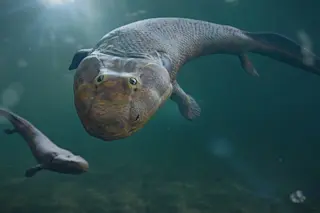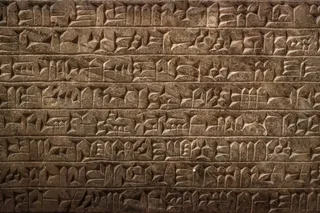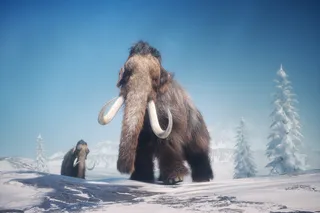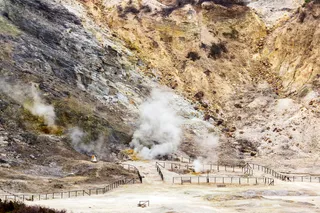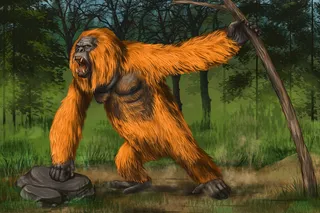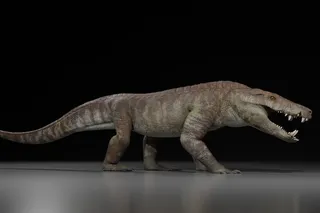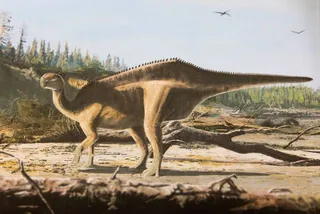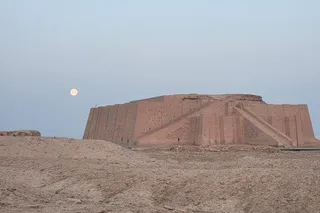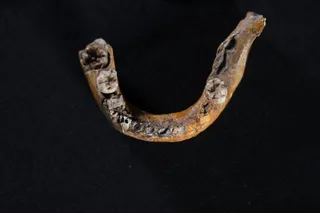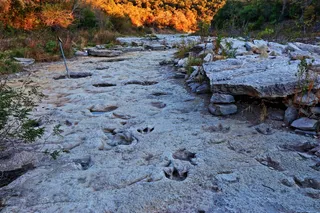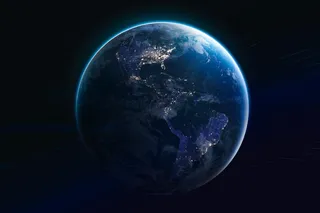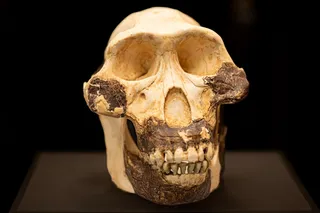Life on earth reached a milestone during the Devonian period, 420 to 360 million years ago. For the first time, it became visible from space.
In the Silurian period that preceded the Devonian, most plants were confined to the oceans. The few that grew on land hugged the shore and grew only a couple of centimeters. Any tissues that strayed too far from the ground starved for lack of water and nutrients.
But, by the early Devonian, a select few plants had developed a work-around. Vascular tissues allowed them to actively move water and nutrients from one appendage to another. Eventually, these tissues gave rise to the first roots and leaves — innovations that allowed vascular plants to spread from marine shores up coastal deltas and into wetlands and floodplains.
A second adaptation gave plants the ability to colonize more uncharted territory. While early vascular plants required standing water to ...



